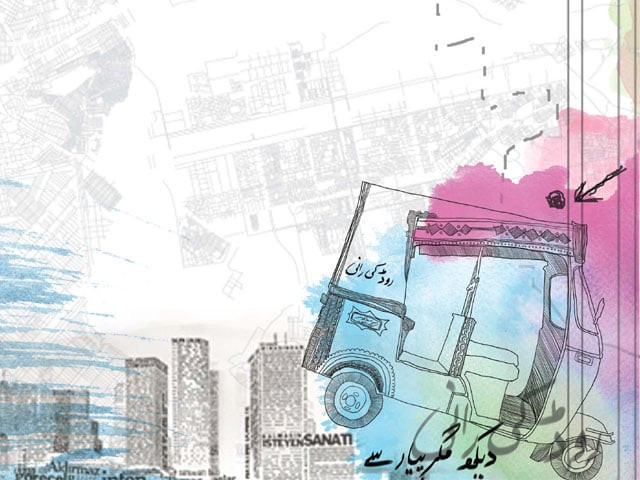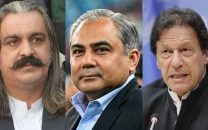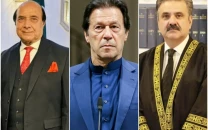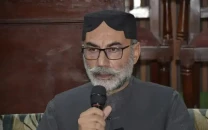Pakistan is headed for a clerical tsunami: analysts
Pervez Hoodbhoy lashes out at ‘liberal elite’ who don’t venture out to see the reality and ‘the mass of discontent’.

Pervez Hoodbhoy lashed out at the ‘liberal elite’ who don’t venture out of their posh housing societies to see the reality and ‘the mass of discontent’ all around us. He said one doesn’t have to go too far to see the messages being broadcast from the mosques in the country and warned that Pakistan would become a faith-based theocratic state.
“The question now is what kind of a theocracy it would be,” Hoodboy said, reminding everyone that even if religious groups from various sects unite in the pursuit of power, eventually they too would fight among themselves.
He said that even though it may seem that rival religious groups are united over the blasphemy law in the aftermath of Salman Taseer’s murder, “we’ve seen that the Deobandis and the Barelvis are ready to kill each other (on any given opportunity).”
Zahid Hussain sounded an upbeat note and said he believed that a miracle was still possible. He said it was depressing that the state wasn’t taking any steps to stop the fundamentalists from broadcasting their twisted messages and gave the example of a recently held rally in Lahore addressed by leading religious figures, who openly said that there would be more Mumtaz Qadris.
He lambasted the government. “Instead of taking any action, our own Interior Minister Rehman Malik went on air to say that he too would have shot someone dead if he/she committed blasphemy.”
Blasting the government for its ‘criminal silence’, Hussain said he believed the majority of Pakistanis don’t subscribe to the extremists’ narrative. “What is happening is that people are just giving up very easily.”
Khaled Ahmed said the writ of the state was vanishing increasingly from many areas, including Balochistan and tribal areas, pointing out that “there are no go areas even in parts of interior Sindh and Karachi.”
Ahmed Rashid said Pakistan missed out on two important opportunities to bring about a complete change in its policies. The first was in 1992 when the Soviet Union collapsed.
“The biggest event we missed was globalisation,” he said, adding that the Pakistani ruling elite, including Nawaz Shairf and Benazir didn’t capitalise on the message of that era in order to progress.
He said the end of the cold war passed by Pakistan without any noticeable changes in policy because we were too focused on our own internal power struggles.
Rashid said the second chance was after 9/11. “After 9/11, the message was clear that Pakistan can no longer continue to use militant groups like Lashkar-e-Taiba and Jaish-e-Muhammad for its purposes.”
He said Pakistan’s entire national security paradigm has been bogged down by its India-centric policy, where instead of competing in trade and technology, we continue to indulge in an arms race.
Published in The Express Tribune, February 6th, 2011.



















COMMENTS
Comments are moderated and generally will be posted if they are on-topic and not abusive.
For more information, please see our Comments FAQ